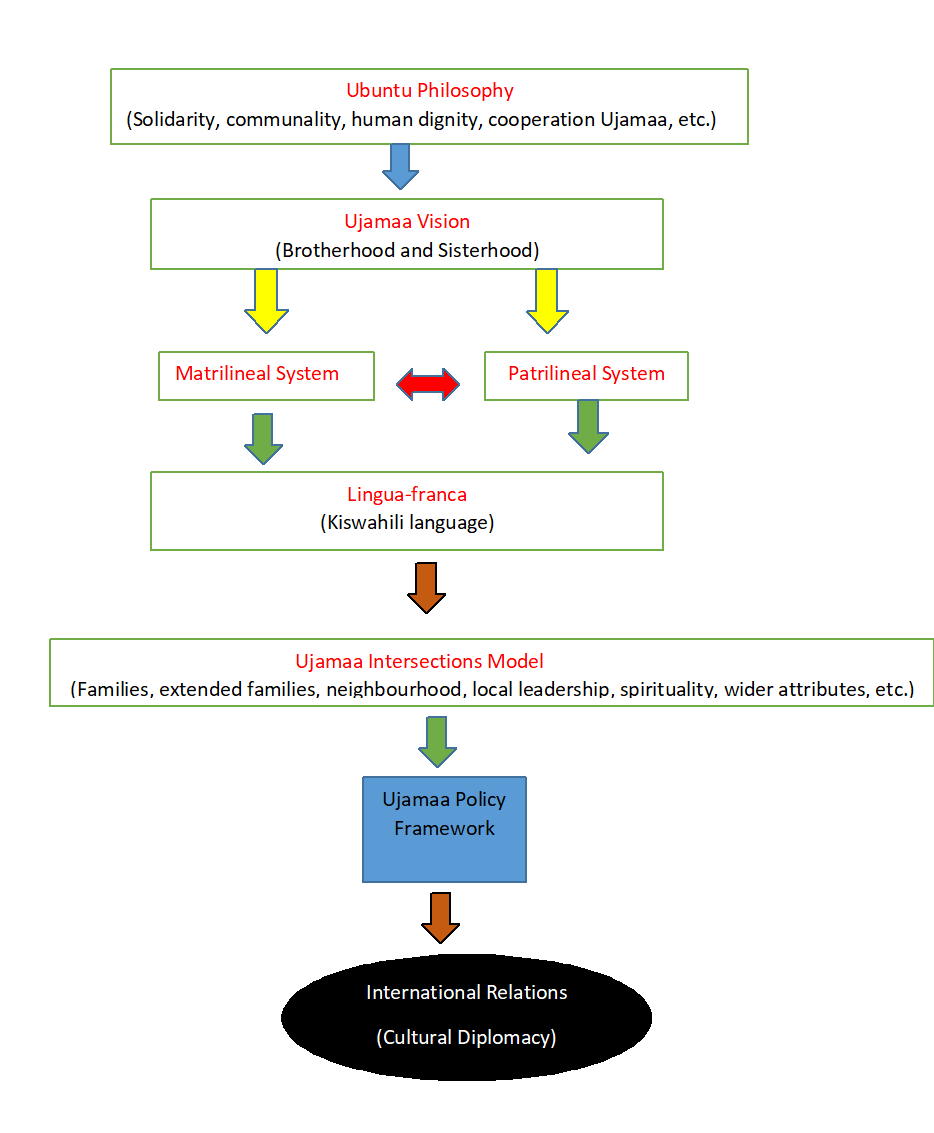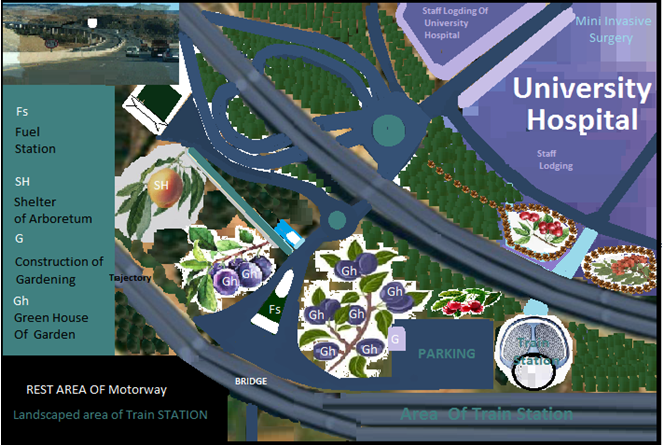Vol. 7 No. 11 (2024)
Published:
2024-11-02
Articles
-
-
-
The Case of Distance Learning Modalities Among Technical Vocational Students in One State College in The Philippines
18-25 282 96 -
-
(Re)Positioning the Swahili Language in Cultural Diplomacy Under the Capacity of African Ubuntu In Tanzania
33-42 178 152 -
Environmental Health and Transportation: A Landscape Design of a Vital Healthy Area in An Ecological Town
43-46 300 138









